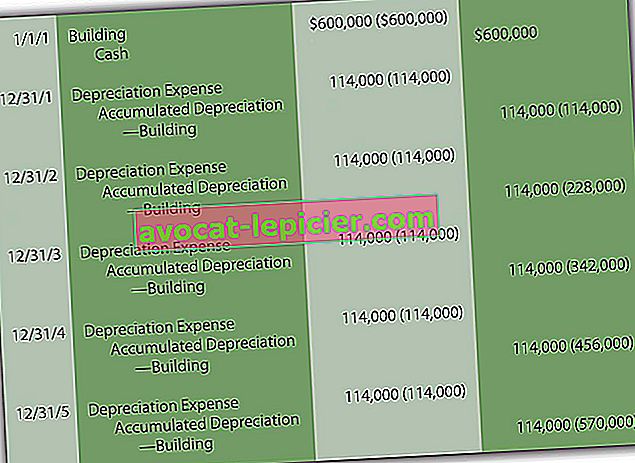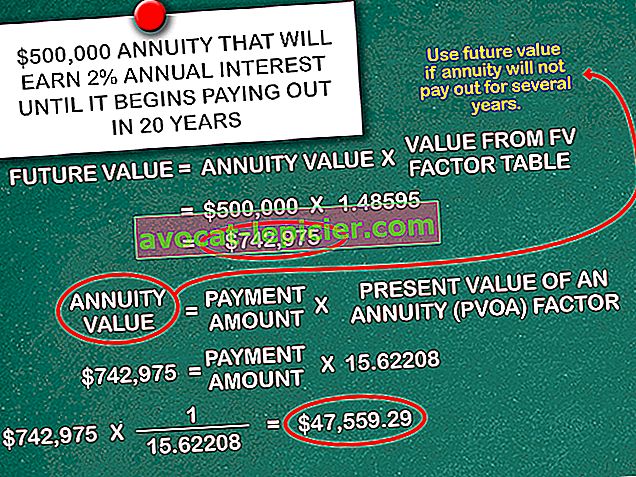Qualified dividend definition
A qualified dividend is a corporate distribution that is taxed at the lowest capital gains rate. This means that anyone receiving a qualified dividend will pay the much lower capital gains rate on that dividend, rather than the normal tax rate. The tax rate paid on ordinary dividends received is the same as the tax rate for ordinary income, while the tax on qualified dividends has ranged in recent years from 0% to 15%, depending on the recipient's tax bracket. A 20% tax applies to those with high incomes. The basic criteria for classifying a dividend as qualified are:
Holding period. The dividend recipient must have had ownership of the stock for a period of greater than 60 days during the 121-day period that begins 60 days prior to the ex-dividend date. The ex-dividend date is defined as the first date immediately following the declaration of a dividend by a company's board of directors, when the purchaser of an entity's stock is not entitled to receive the next dividend payment.
Payer. The entity paying the dividend must be either a United States corporation, or a foreign corporation whose country qualifies under a tax treaty with the United States, or a foreign corporation whose stock is readily traded on an established stock exchange within the United States.
A dividend that qualifies under these criteria is stated as such on the Form 1099-DIV, which is issued to shareholders following the end of each calendar year.
In short, a qualified dividend is a concept that only relates to the tax rate paid on dividends. It is not an accounting topic that is recognized under any of the accounting standards.



